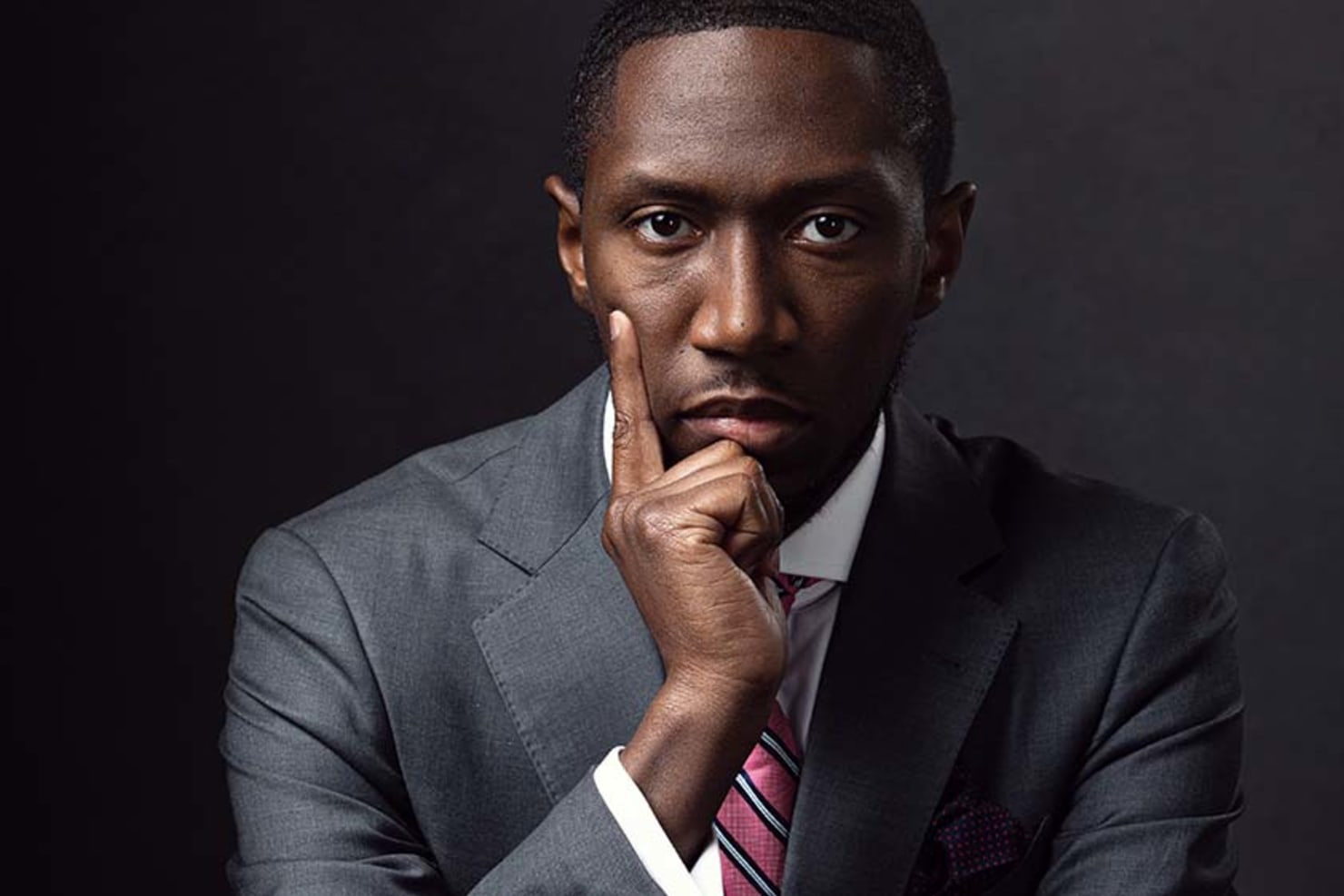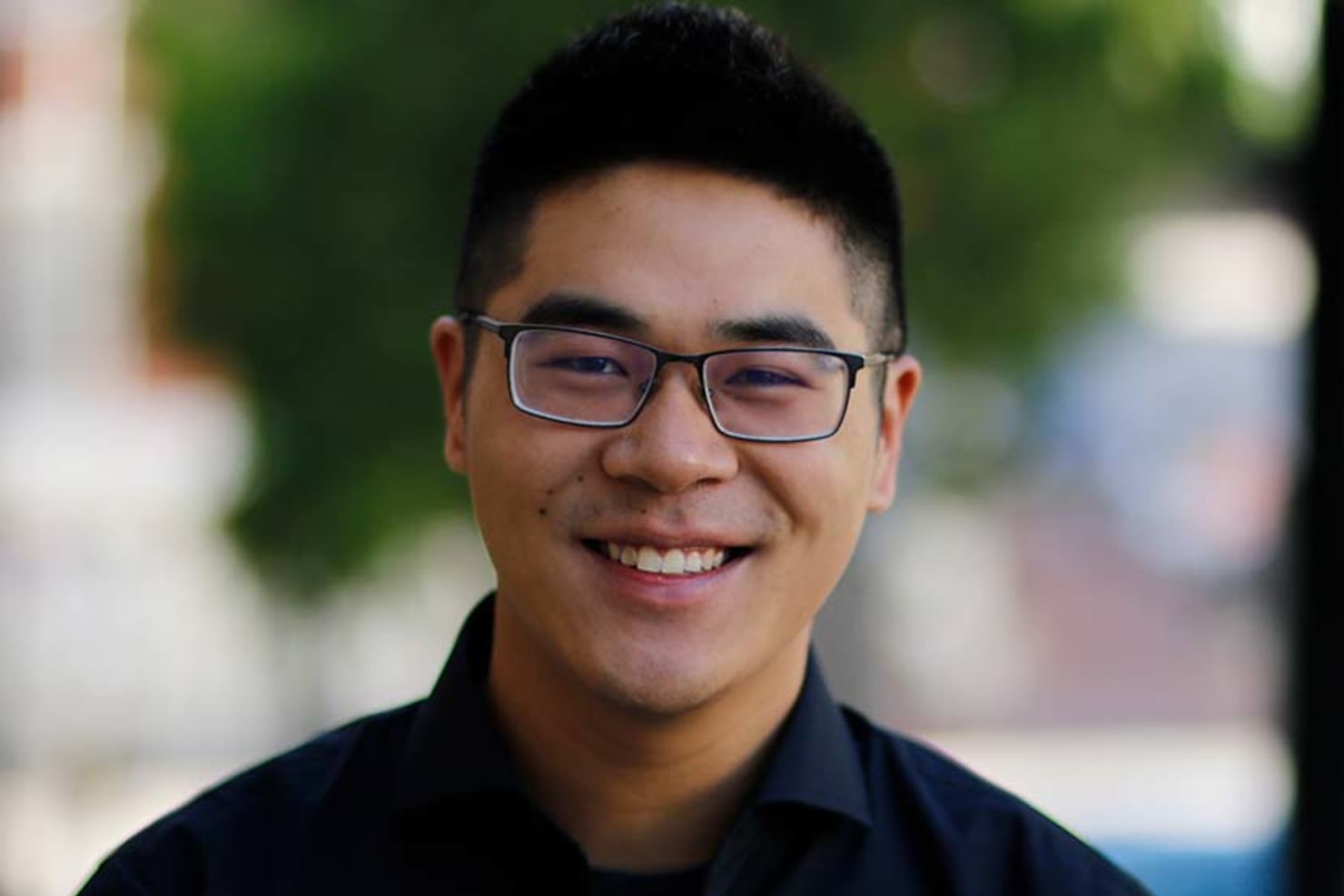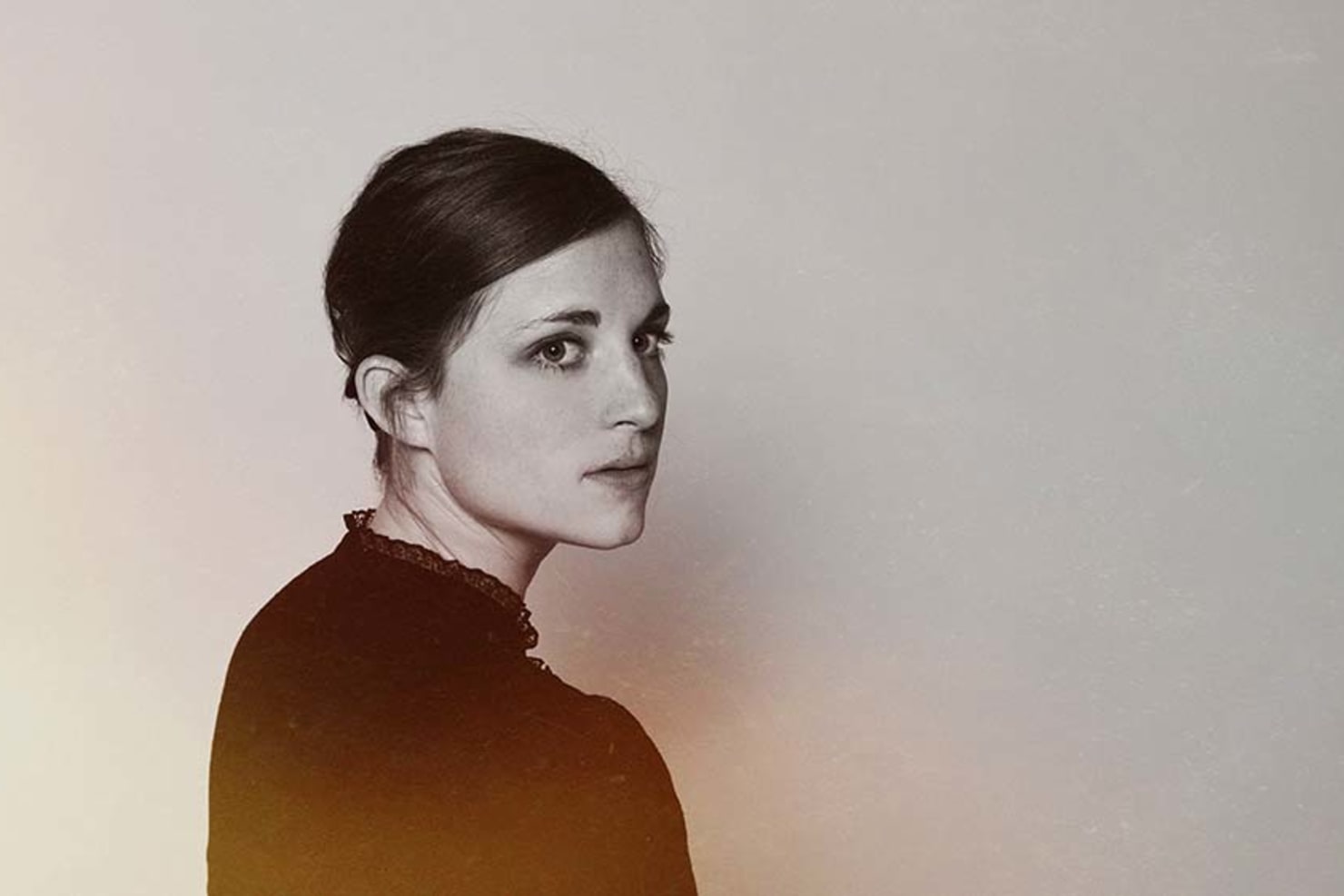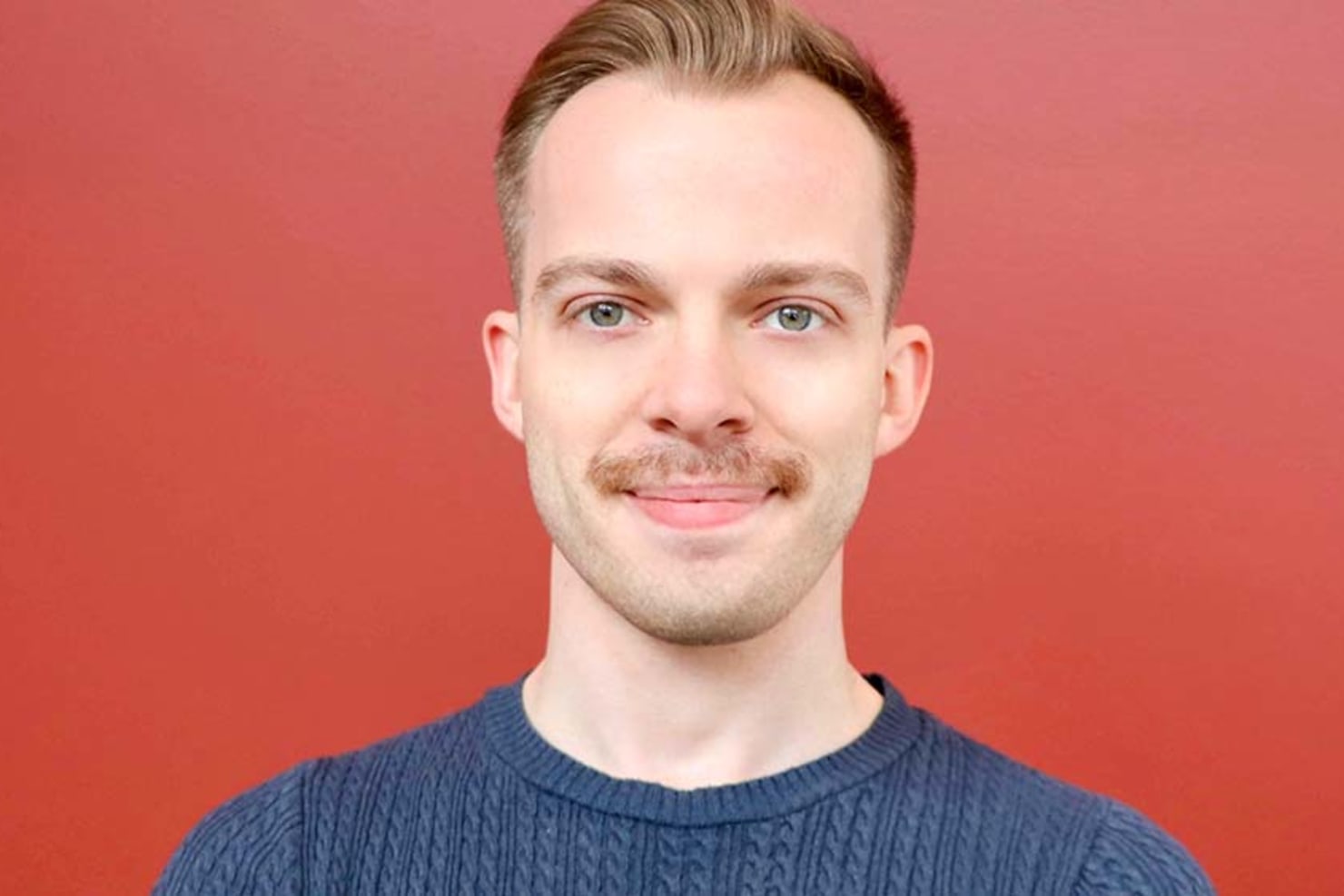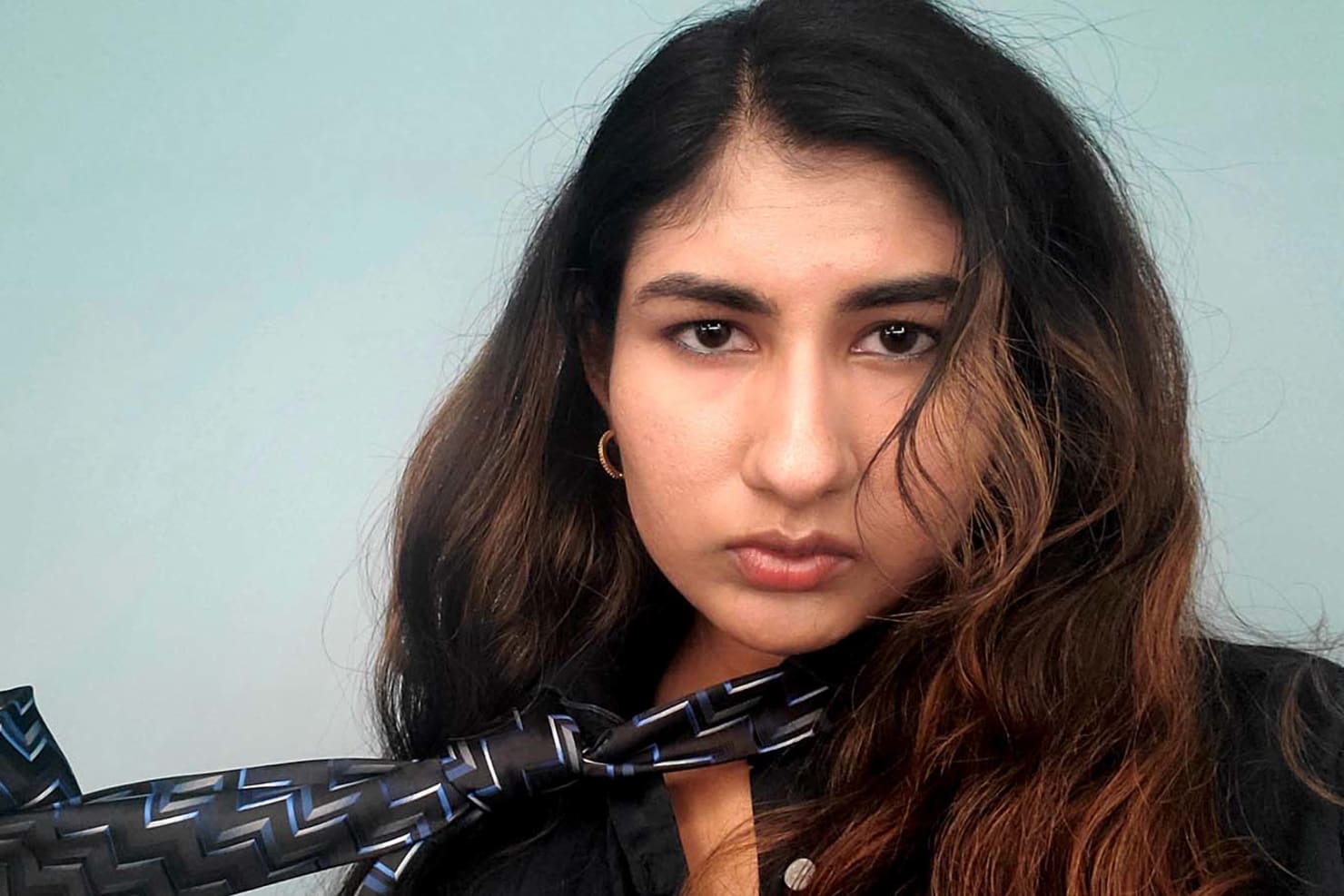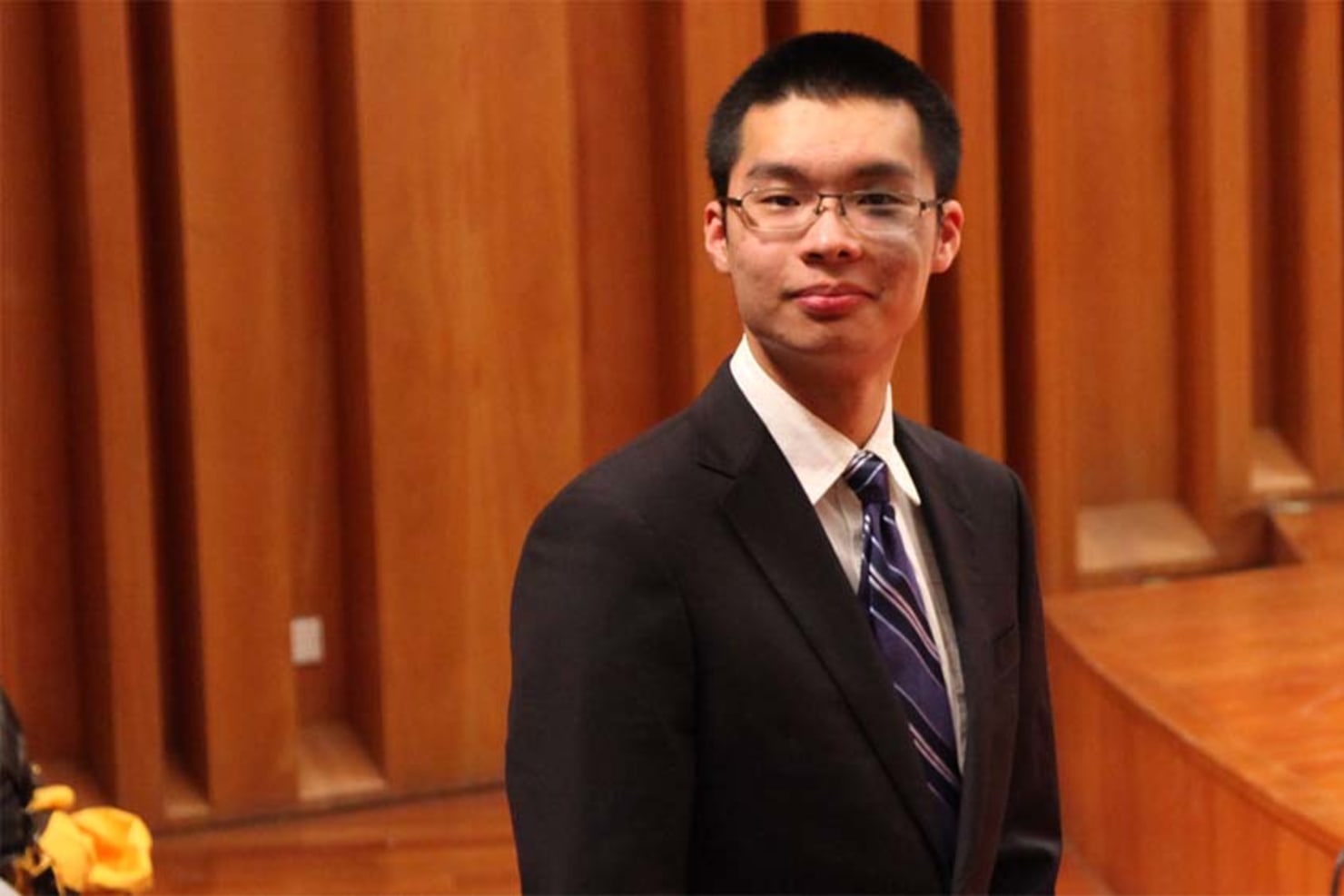Rapid Fire Q&A with the Composers

The culmination of the Minnesota Orchestra’s 18th annual Composer Institute is the MusicMakers concert—it’s an opportunity for audiences to enjoy performances of new works by seven of the country’s most gifted emerging orchestral composers, plus a behind-the-scenes look at the craft of music-making onstage. Each composer receives mentorship from Institute Director and Pulitzer Prize-winning composer Kevin Puts and Music Director Osmo Vänskä in addition to their participation in relevant seminars and professional events. The May 6 concert itself is the artistic highlight of the experience as composers, the Orchestra and audiences come together the world premiere or first performance of these works by a major orchestra.
This year’s featured composers include Henry Dorn, Adeliia Faizullina, Bobby Ge, Molly Joyce, Ryan Lindveit, Nina Shekhar and Sam Wu. We talked with them rapid fire-style about music and otherwise—get to know them below.
What's the best time of day for composing?
Henry Dorn: I find that the best time to write is in the dead of night once the world around me falls silent and the imagination takes over. I’m a husband and a father of a toddler. Always on leased time during the day.
Adeliia Faizullina: For me the best time of day to compose is morning or evening. I am especially productive in the morning when everything around me feels fresh and renewed.
Bobby Ge: Well, whatever time works for you, really! For me—I've found I've had the most bursts of creativity rather inconveniently between 12:30-2 a.m., just after I've showered. There might be something Pavlovian to the consistency there... but really it might just be because I don't get bothered by random phone calls or emails at that time of night.
Molly Joyce: Morning! My brain is the freshest and coffee is the hottest.
Ryan Lindveit: It used to be late at night for me, but these days, I’ve been having productive early morning composing sessions.
Can you describe in three words your composition that audiences will hear the Minnesota Orchestra will perform?
Dorn: Embrace Constant Change
Faizullina: Nature, ritual, shimmer.
Joyce: Large, organ, pipes
Nina Shekhar: Light and shadows
Sam Wu: aerial, swirls, tempest
What's the most unusual way you got started or inspired for one of your compositions?
Dorn: One morning I was heading to work, and the highway I was on between Baltimore and D.C. was an absolute parking lot. I found myself spacing out and making up rhythms and melodic ideas to the guy behind me blowing his car horn incessantly. I have him and his impatience to thank for that piece.
Faizullina: Once, I was riding a bus on a bumpy road. When you drive on such a bumpy road and try to sing, the sound is intermittent and funny, so one of the movements of my piece for voice and chamber orchestra, Tatar Folk Tales, was inspired by this funny sound.
Lindveit: Early in the composition process for Close Up at a Distance, the piece the Minnesota Orchestra will perform, I was stuck, so I was zooming around various places in the satellite view of Google Maps as a way of procrastinating. I soon realized I could create music that evoked this zooming activity, and so that became the piece—specifically inspired by rural northern Michigan and midtown Manhattan, the locations of the two co-commissioning orchestras.
Shekhar: Last year, I worked with Los Angeles-area elementary school students as a Composer Teaching Artist for Los Angeles Chamber Orchestra (LACO). Each class picked their favorite animal, and then we drew pictures and wrote stories about the animal (one class chose elephants, and the other class chose dogs). We then channeled those ideas sonically into a Zoom improv class performance, and then I orchestrated the students' ideas into pieces that LACO performed. It was so exciting to help foster these students' first compositions!
Wu: I was hopelessly stuck on a piece last summer, until a visit to the waterpark Schlittersbahn gave me an "aha!" moment. Going round and round the wave pool really got my creative juices flowing.
What is your favorite instrument or ensemble to write for and why?
Ge: I've fallen hopelessly in love with the sinfonietta! It's essentially a chamber orchestra with one of each orchestral instrument (give or take), and I've found that at its best it combines the intimacy and virtuosity of chamber groups with the scale and depth of a full orchestra. Once one learns their way around the instrumentation's (admittedly rather daunting) balance issues, the sinfonietta becomes a very exciting and fecund medium to write for!
Shekhar: Even though I'm a wind player, I love writing for strings because I find they have so much timbral expressivity. I also love writing for the voice and exploring growls, whispers, breath sounds and all its capacity for channeling different emotions. Recently, I've been working a lot with electronics and playing around with ways to process my own voice.
Wu: Definitely the orchestra! I love the endless possibilities; the sheer range of dynamics, layers and colors. I also love how orchestral music builds an entire imaginary world from scratch, through sound.
Which historical figure should be the basis of a new musical or opera?
Dorn: I would fancy seeing an opera based on Josephine Baker. African American performer turned World War II French spy. I think there could be some interesting plot development in a story like that.
Joyce: Virginia Hall, a disabled American spy during World War II.
What are your musical interests beyond classical music?
Faizullina: I love performing and listening to folk music and also learning about different traditions.
Ge: I've been on a huge Stevie Wonder kick these days—that wild horn riff in “Sir Duke” has been stuck in my head for months at this point! His music is so wonderfully life-affirming, clever and enthusiastic, and it's been the perfect antidote to the dourness of the last couple years.
Shekhar: I grew up listening to a lot of my dad's favorite music, which included Pink Floyd, Led Zeppelin, Metallica and Queen. As an Indian American, I also grew up listening to a lot of Hindustani and Carnatic classical recordings as well as Bollywood songs (the first songs I taught myself how to play on the recorder in 4th grade were songs from the movie Veer-Zaara). So music from all these different genres is still close to my heart.
What books are you currently reading?
Ge: I've been reading Lan Samantha Chang's The Family Chao, a rather delightful Dostoyevskian murder mystery centered around three brothers navigating the complexities of Chinese-Americanness. A dear friend gave it to me as a gift, and I've been making my way through it over the last few weeks!
Wu: Arkady Martine's A Memory Called Empire, and Ken Liu's "silkpunk" series The Dandelion Dynasty (I love science fiction and fantasy!)
Any TV recommendations?
Dorn: I would say Ozark, because it’s just a wide ride watching it all unravel. But my favorite show right now has to be The Marvelous Mrs. Maisel. Clever writing.
Ge: Midnight Mass! That show left an indelible impact on me when I first saw it last fall. I was blown away by its sensitive yet critical exploration of the flaws and nuances of the modern Christian faith, and especially the way it did so while also being a brilliantly creepy horror show. I really think it should be essential viewing for anyone who has ever had any kind of Christian background!
Lindveit: Lately, I’ve been watching The Dropout, a campy fictionalization of the Elizabeth Holmes (Theranos founder) fraud story starring Amanda Seyfried, and doing my best to keep up with [RuPaul’s] Drag Race. During the pandemic, I binged The Sopranos, and I can affirm that its hype is well-deserved.
Wu: The Expanse, Foundation, Arcane and Hilda.
What’s your personal motto?
Faizullina: Care and love people, bringing good and love to the world.
Joyce: Nothing comes from nothing.
Shekhar: Give yourself grace to keep learning.
MusicMakers is:
Henry Dorn: Transitions
Adeliia Faizullina: Bolghar
Bobby Ge: Remember to Have Fun
Molly Joyce: Over and Under
Ryan Lindveit: Close Up at a Distance
Nina Shekhar: Lumina
Sam Wu: Wind Map
Related Articles

Inside the Music
Super Composer
Conductor Sarah Hicks shares why John Williams’ film music touches us so deeply

Inside the Music
What is the Sheng?

Inside the Music
Program Notes: The Exterminating Angel Symphony

Inside the Music
Leila Josefowicz: Bridging Generations

Inside the Music
